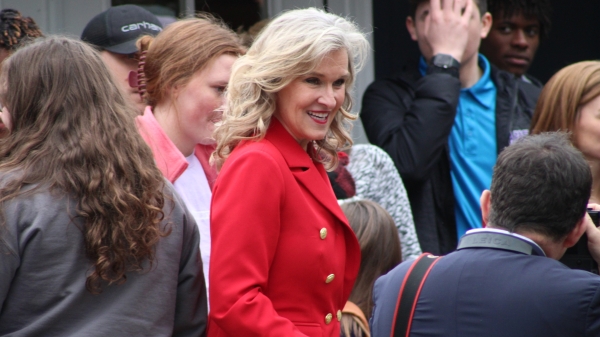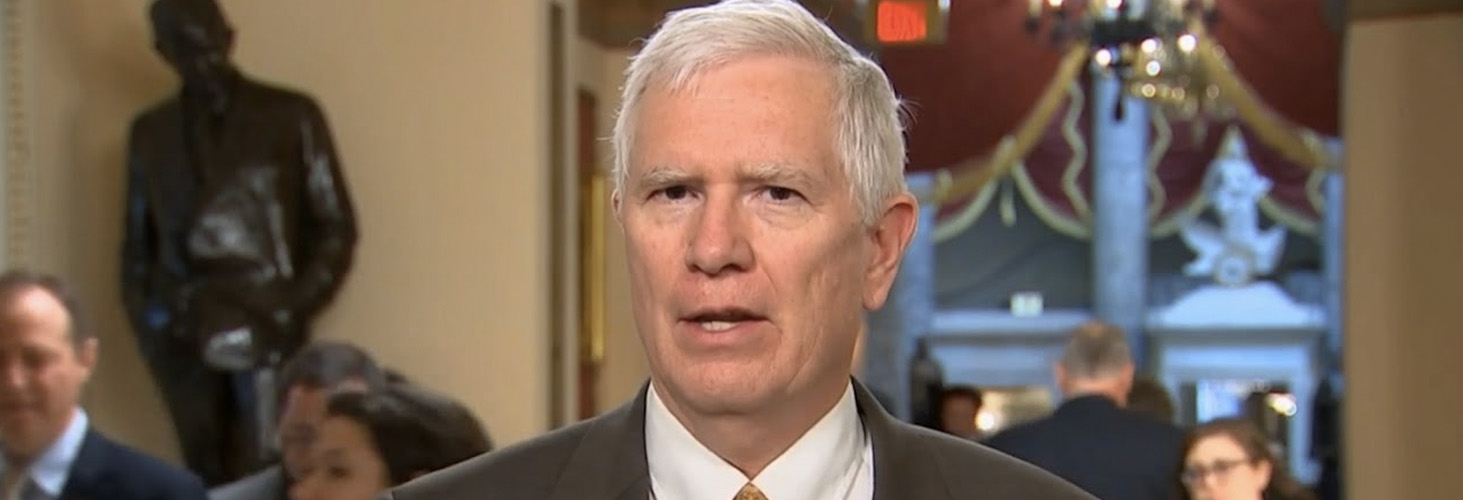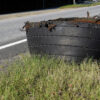By Brandon Moseley
Alabama Political Reporter
U.S. Rep. Mo Brooks, R-Huntsville, questioned NASA about the delays in the Space Launch System due to problems with new welding techniques to build the SLS.
“America’s ability to send astronauts beyond low Earth orbit hinges on completion of the Space Launch System (SLS), a portion of which is being developed at NASA’s Marshall Space Flight Center,” Brooks said. “In this morning’s House Science, Space, and Technology Space Subcommittee hearing, I questioned Mr. William Gerstenmaier, NASA’s Associate Administrator for Human Exploration and Operations Directorate, on developing processes and procedures to avoid delays to the SLS program and areas of concern in the upcoming test of SLS’s core stage element.”
Brooks said that there have been delays from problems combining welding techniques.
Gerstenmaier said that the techniques that they are learning on this project will also be important to the industries as a whole.
Gerstenmaier said that the good news is that we had the tools and techniques to find the defects; but that we still don’t fully understood how this will work because they have only done testing on smaller samples. Gerstenmaier added that we need to build schedules going forward and could need some extra time so as not be overly optimistic with our schedules and to make sure that we have the proper processes and procedures to prevent what occurred in the past.
Brooks said that they will soon be doing the green test run.
Gerstenmaier said that there all four main engines will be fired together for the first time. They have been tested individually but not all together. This will be the first for the core stage
Chairman Brian Babin, R-Texas, said, “Exploration means expanding our reach as humans, as a civilization and as a country. The ability of our nation to explore space is a strategic imperative. Our ability to carry out this critical strategic endeavor will rely on a few key capabilities. We must launch the Space Launch System (SLS) in order to push beyond low Earth orbit. We must finish developing the Orion capsule in order to operate in deep space. And we must upgrade our ground infrastructure to support a rejuvenated and expanded exploration agenda.”
“NASA’s long-term goal, as laid out in the 2017 NASA Transition Authorization Act, is to extend human presence throughout the Solar System.” Babin declared. “The Space Launch System and Orion are the strategic capabilities that will enable humans and robots to accomplish this goal.”
“SLS and Orion will enable U.S. astronauts to return to the moon for the first time since Gene Cernan left his daughter’s name in the lunar regolith in 1972,” Rep. Babin added. “As Vice President Pence said in the inaugural meeting of the reestablished National Space Council, “We will return American astronauts to the moon, not only to leave behind footprints and flags, but to build the foundation we need to send Americans to Mars and beyond.””
“SLS and Orion are the tip of the spear that will lead that return. The commercial sector can contribute by supplying necessary services and providing augmenting capabilities, but SLS and Orion are irreplaceable strategic assets that are necessary for missions to the moon, Mars and beyond,” Babin declared.
“While I am excited by the promise of how strategic assets like SLS and Orion will enable America to return to the moon, this committee has a responsibility to conduct oversight to ensure these programs are successful,” Babin announced. “All three exploration system elements — SLS, Orion and Ground Systems — have experienced delays and overruns. This year has certainly challenged the program. Last spring, Michoud was hit by a tornado. In August, Texas and Florida were hit by hurricanes. A couple years ago the Michoud’s Vertical Assembly Facility foundation was not reinforced, requiring a rebuild. This year, complications with friction stir weld pins at Michoud resulted in poor welds on the core stage. All this adds up.”
Babin said that, “It appears as though the new issues with tornados, hurricanes and welding will cost roughly a year of delay. Depending on whether the Europeans deliver the service module on time for integration on Orion, the delay may be greater.”





















































